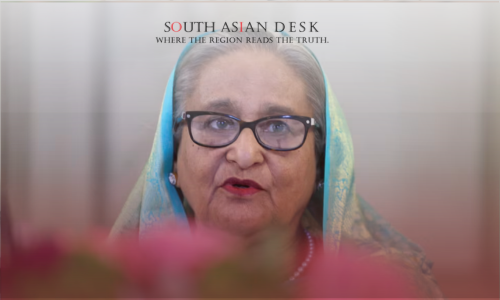On July 2, 2025, Bangladesh’s International Crimes Tribunal sentenced former Prime Minister Sheikh Hasina to six months in prison for contempt of court, marking her first conviction since fleeing to India in August 2024 after a student-led uprising ended her 15-year rule. The verdict, delivered in absentia by a three-member tribunal led by Justice Golam Mortuza Mozumder, stems from a leaked audio where Hasina allegedly claimed she had a “license to kill” due to the 227 cases filed against her. A forensic analysis confirmed the recording’s authenticity. Shakil Akand Bulbul, a leader of the banned Awami League’s student wing, received a two-month sentence in the same case.
The tribunal, originally established by Hasina in 2010 to address 1971 war crimes, has shifted focus under the interim government led by Nobel laureate Muhammad Yunus to investigate her administration’s actions, including the violent crackdown on protests that killed over 1,000 people. Hasina faces additional charges, including crimes against humanity, with three arrest warrants issued and extradition efforts underway, though India has not responded. Her supporters argue the cases are politically motivated, while the interim government emphasizes accountability.
The Awami League, now banned, faces ongoing trials, and its offices have been attacked. The interim administration is working on reforms but faces criticism for delays in holding elections, with opposition parties pushing for a vote by mid-2026. Southasiandesk.com will continue to follow this evolving story as Bangladesh navigates its political transition.
Published in SouthAsianDesk, July 4th, 2025
Follow SouthAsianDesk on X, Instagram and Facebook for insights on business and current affairs from across South Asia.






